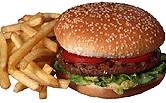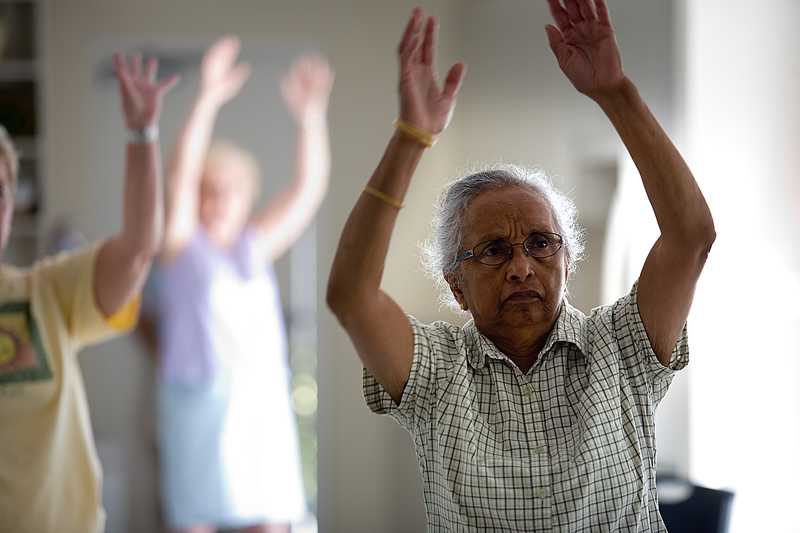
MONDAY, June 1, 2015 (HealthDay News) — Prostate cancer patients with an unhealthy, high-fat diet have a significantly higher risk of death from the disease, a new study suggests.
“There is currently very little evidence to counsel men living with prostate cancer on how they can modify their lifestyle to improve survival. Our results suggest that a heart-healthy diet may benefit these men by specifically reducing their chances of dying of prostate cancer,” study senior author Jorge Chavarro, of the Harvard School of Public Health, said in a Harvard news release.
The study involved nearly a thousand U.S. doctors who had developed prostate cancer and were followed for an average of 14 years after diagnosis.
Chavarro’s team assessed the men’s eating habits to see if they had an unhealthy “Western” diet — high in red and processed meat, high-fat dairy products and “refined” grains — or a healthy diet high in vegetables, fruit, legumes (such as beans), fish and whole grains.
While the study couldn’t prove cause-and-effect, the researchers found that men who scored highest in terms of Western eating habits were 2.5 times more likely to die from their prostate cancer, and 67 percent more likely to die from any cause, than those who scored lowest.
In contrast, men who scored highest in terms of healthy eating habits were 36 percent less likely to die from any cause than those who scored lowest, the researchers said.
The study authors stressed that most of the men in the study were white, so results might differ in studies involving other races/ethnicities.
One expert said Western diets have long had a bad reputation when it comes to health.
“Diets high in animal fat and low in fiber are associated with metabolic syndrome — a collection of conditions including abdominal obesity, elevated blood sugar levels and high blood pressure,” said Dr. Michael Schwartz, a urologist at the Arthur Smith Institute for Urology in New Hyde Park, N.Y.
“It has been known for some time that this type of diet can elevate risk of diabetes, heart attack, stroke and various cancers,” he said.
Now, “this study provides evidence for what many of us have for years been telling our patients with prostate cancer — or patients who are interested in prostate cancer prevention,” Schwartz said.
He added that the anti-cancer effects of exercise might play a role as well, in that men in the study who ate healthier might also have exercised more.
The research was published online June 1 in the journal Cancer Prevention Research.
More information
The American Cancer Society has more about prostate cancer.
Copyright © 2026 HealthDay. All rights reserved.

